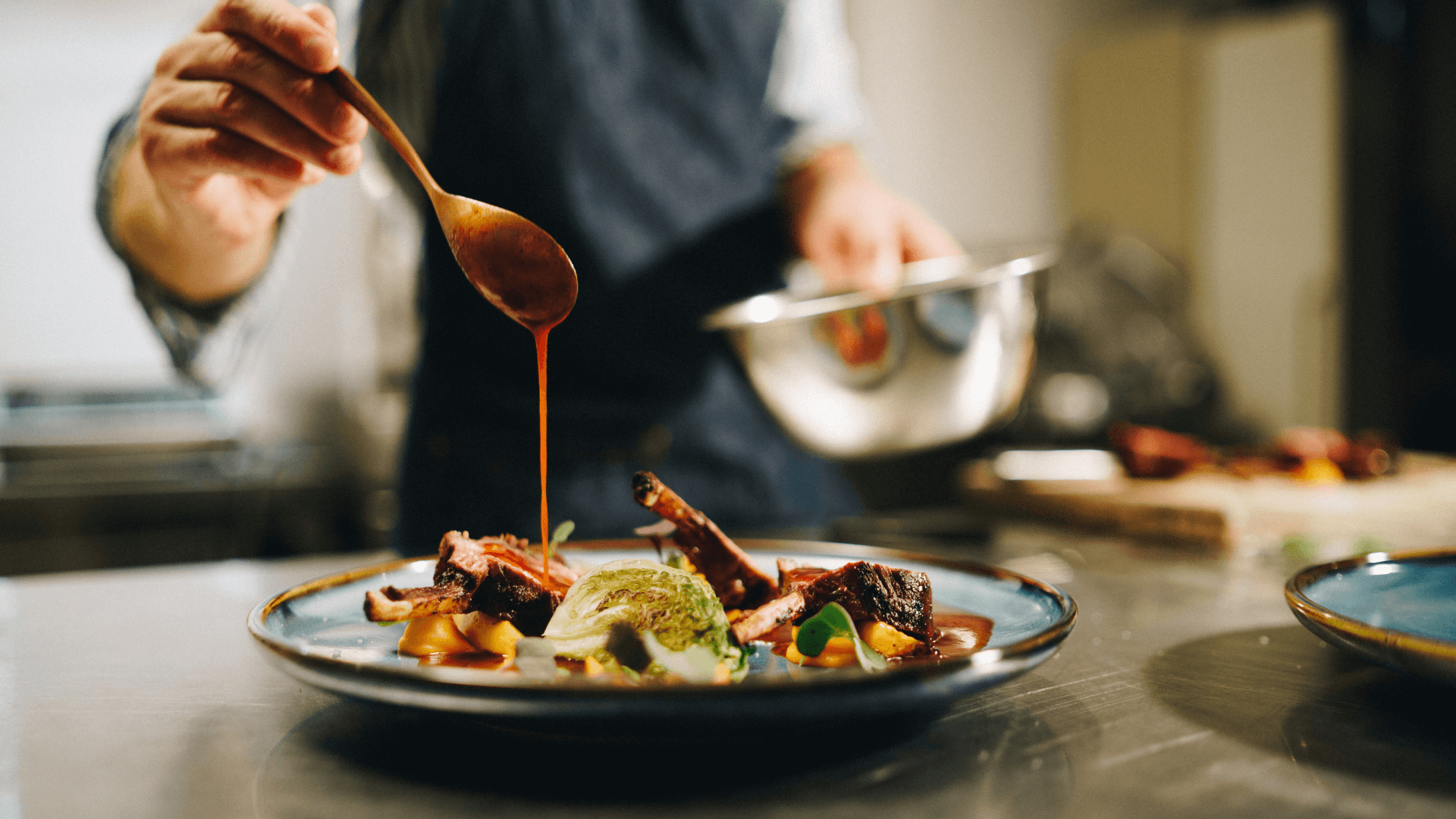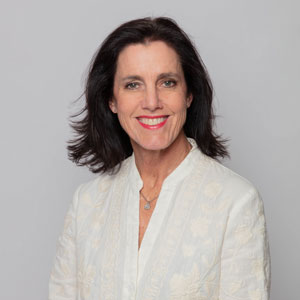A plate is more than a platform for food. It is a canvas, a conversation starter, and often the very reason we fall in love with a restaurant. Food is art and science combined, and today’s chefs are expected to be more than just skilled cooks – they are artists, scientists, storytellers, and innovators.
Yet the restaurant world is not only about what is plated. It is about people – those who prepare the food, those who serve it, and those who return again and again to savour it.
More than the kitchen
I am privileged to see firsthand how the role of the chef continues to evolve. Cooking alone is no longer enough. Chefs are tasked with creating food that is inclusive, reflective of region, culture, and personal identity, and more sustainable. They must run kitchens as businesses, negotiating leases, balancing budgets, and retaining talent. They are expected to manage their personal brand, conduct media interviews, lead teams, and remain visible on social media. All this while meeting the high expectations of diners. Wow!
For many, the dream of becoming a chef begins with a love of cooking, but the reality is far broader. – Jenny Handley
These demands, in addition to long days and diners with high expectations, continue to escalate. How does one stay abreast of them, ready to meet the next tidal wave of work? The answer lies in planning. A goal without a timeline is just a dream. Success requires continual learning, personal development, and, importantly, succession planning.
Futureproofing
Through the JHP Performance Management portfolio, we work with chefs and restaurateurs on everything from brand coaching and leadership to menu development, team performance, and food writing. What I’ve seen consistently is that those who plan, adapt, and invest in their growth are the ones who thrive. Many chefs look for a career detour when they consider the gruelling demands, often starting a side hustle like consulting or food writing, as part of their succession plan.
Here are some tips for your own success planning:
- List your goals, from long-term ambitions to short-term wins.
- Outline your roles and responsibilities, then score yourself on each out of 10.
- Benchmark against others in your field. What are they doing that you could learn from?
- Define your point of differentiation – what makes you stand out?
- Identify what you could do differently or better.
- List the skills you need to achieve your goals and map out how to acquire them.
- Create an action plan with a timeline. Without deadlines, goals remain dreams.
As Gloria Steinem wisely said, “Dreaming, after all, is a form of planning.”
At the end of the day, whether you’re dining out, managing a restaurant, or leading a team, success is about balance – between creativity and business, between dreaming and doing. When chefs rise to the challenge, it doesn’t just elevate their careers – it enhances the dining experiences we all enjoy.
For details of our leadership and team courses, personal brand strategies, and brand coaching, contact info@jhpr.co.za for planning.



0 Comments